Tag Archives: BlackHole
Remembering the first ‘photo’ of a black hole
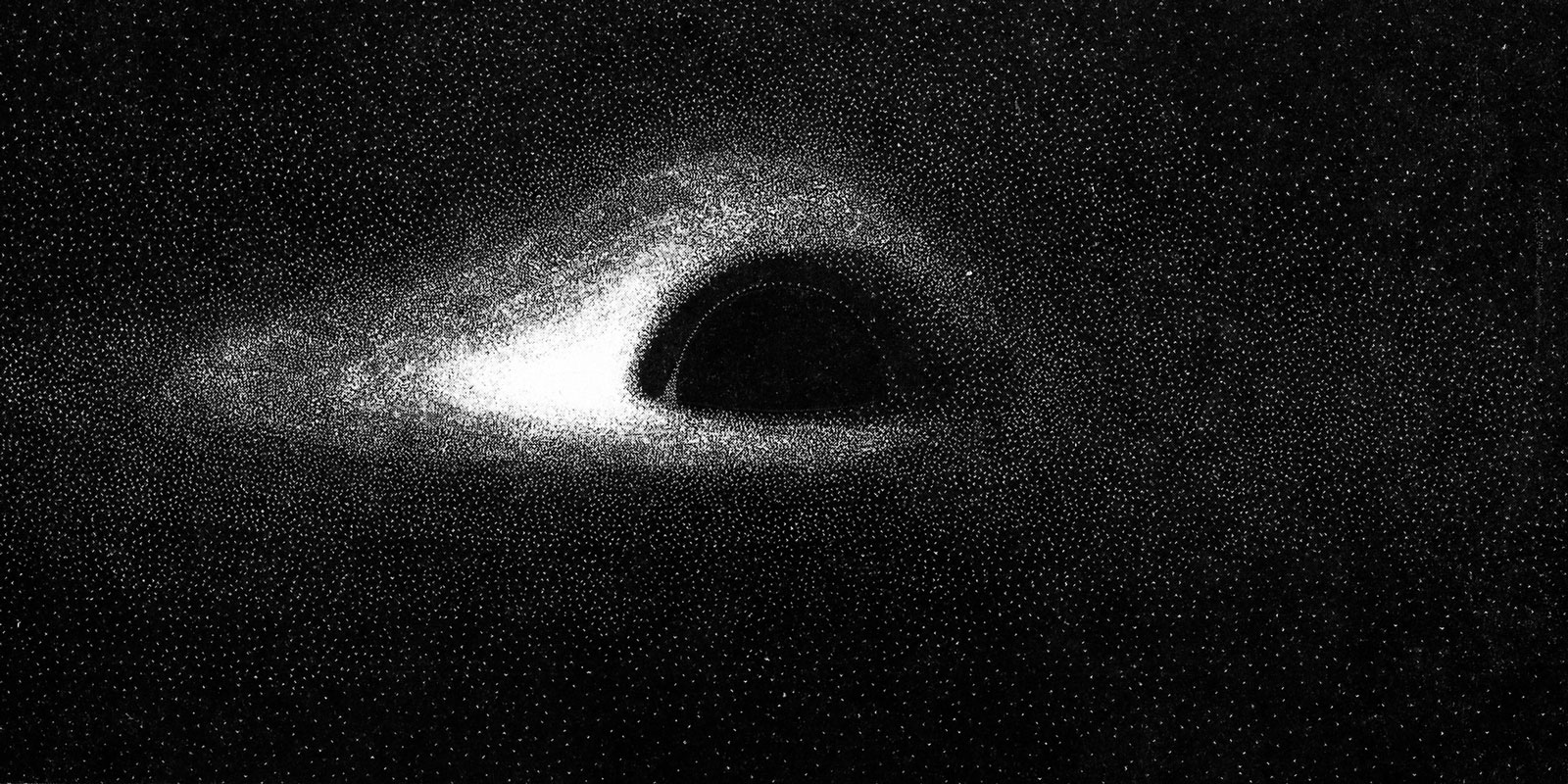 Black holes are so outlandish that the scientists who first thought them up figured they couldn't possibly exist in reality. They form from massive, collapsed stars and are so dense that nothing can escape their gravitational pull, including light. B...
Black holes are so outlandish that the scientists who first thought them up figured they couldn't possibly exist in reality. They form from massive, collapsed stars and are so dense that nothing can escape their gravitational pull, including light. B...
Astronomers may have taken the first photo of a black hole
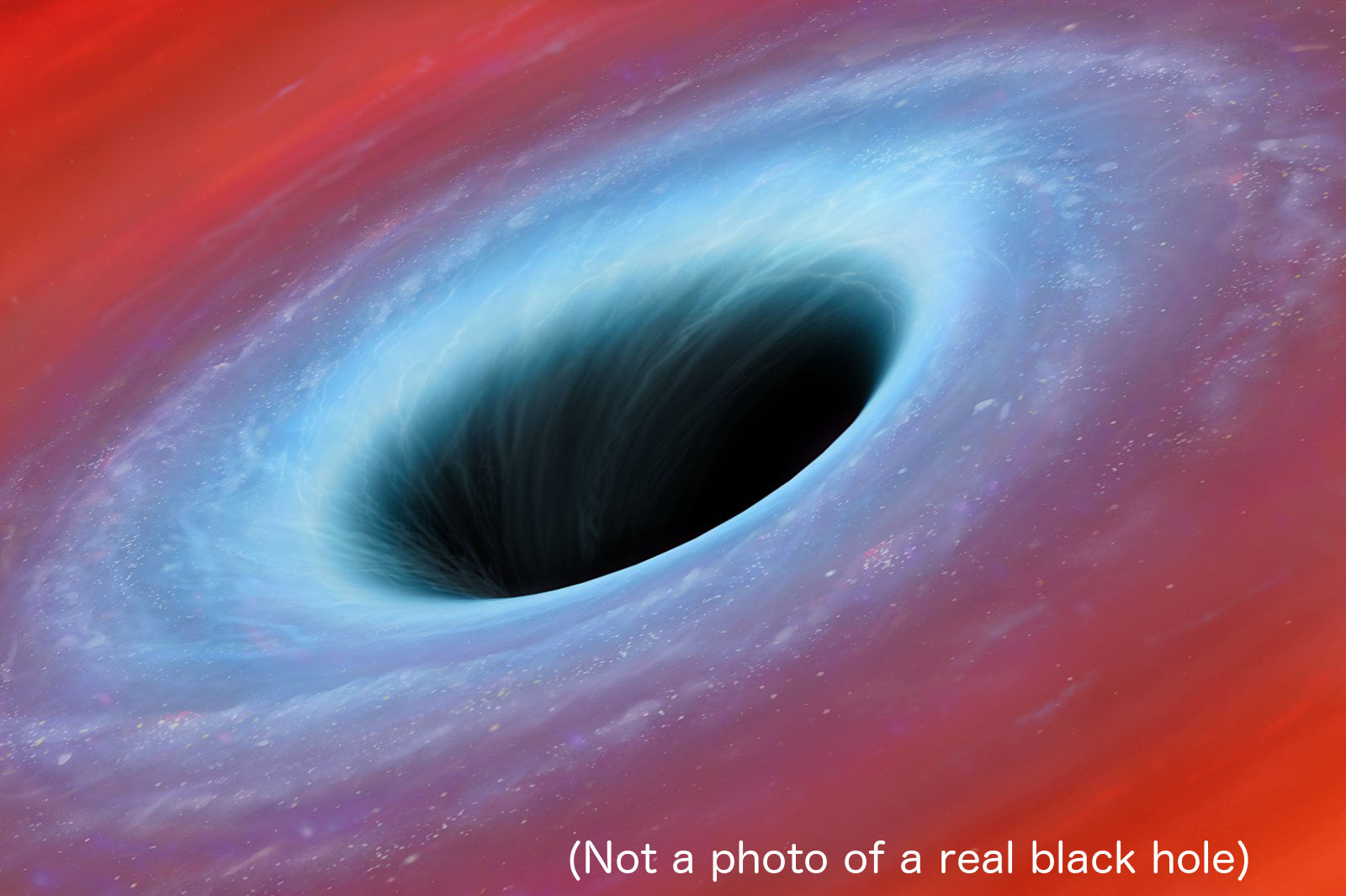 The Event Horizon Telescope project's astronomers can now breathe a sigh of relief. They finally managed to observe Sagittarius A* for five sleepless nights after switching on the array on April 4th. In other words, the team might have taken the firs...
The Event Horizon Telescope project's astronomers can now breathe a sigh of relief. They finally managed to observe Sagittarius A* for five sleepless nights after switching on the array on April 4th. In other words, the team might have taken the firs...
Hubble telescope finds black hole shot out of a distant galaxy
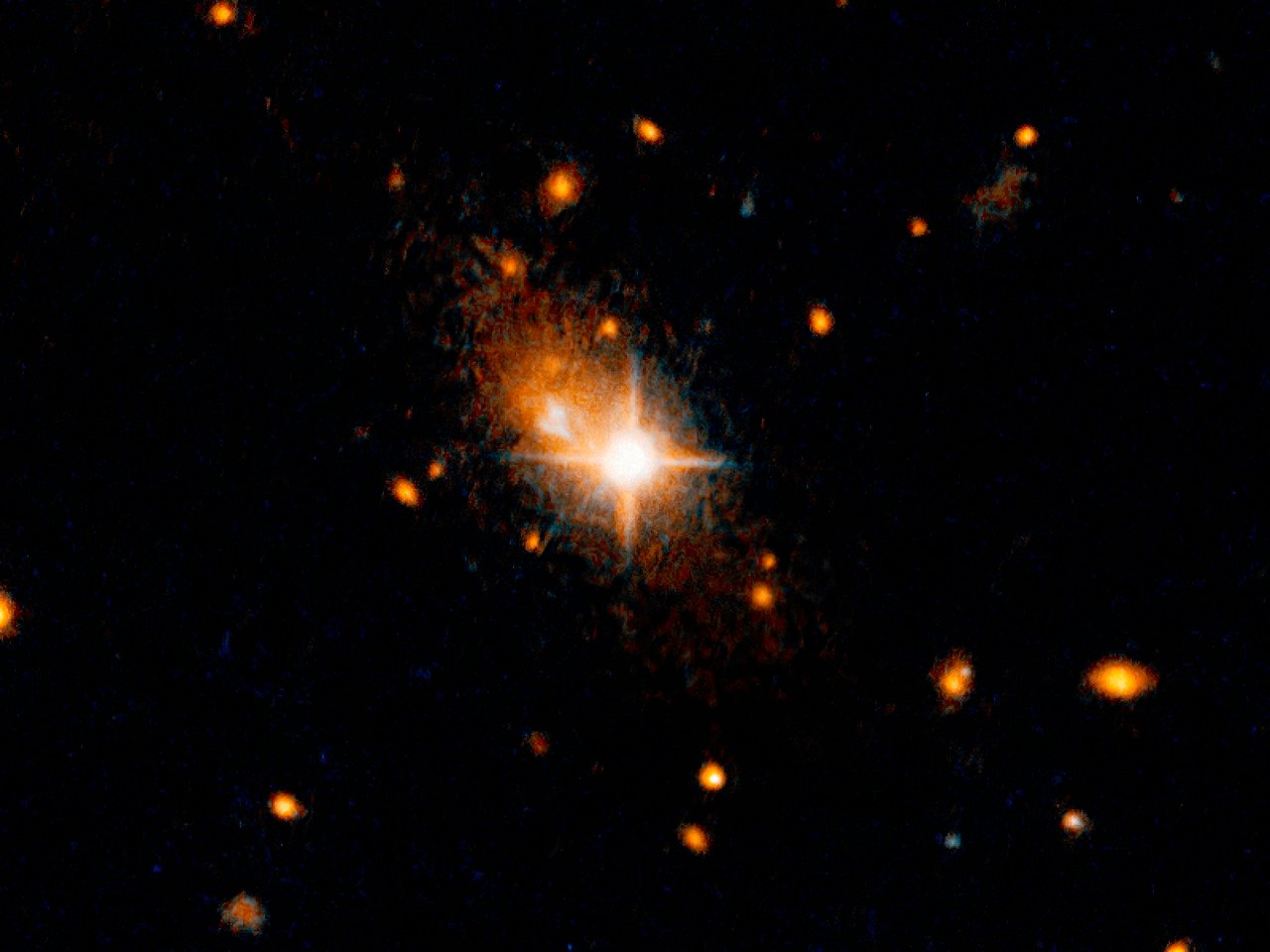 Astronomers using NASA's Hubble Space Telescope have observed a supermassive black hole with a mass one million times that of our Sun hurtling away from its parent galaxy. It's the first confirmed case out of several suspected "runaway black holes,"...
Astronomers using NASA's Hubble Space Telescope have observed a supermassive black hole with a mass one million times that of our Sun hurtling away from its parent galaxy. It's the first confirmed case out of several suspected "runaway black holes,"...
Supermassive black hole set a record for longest lunch ever
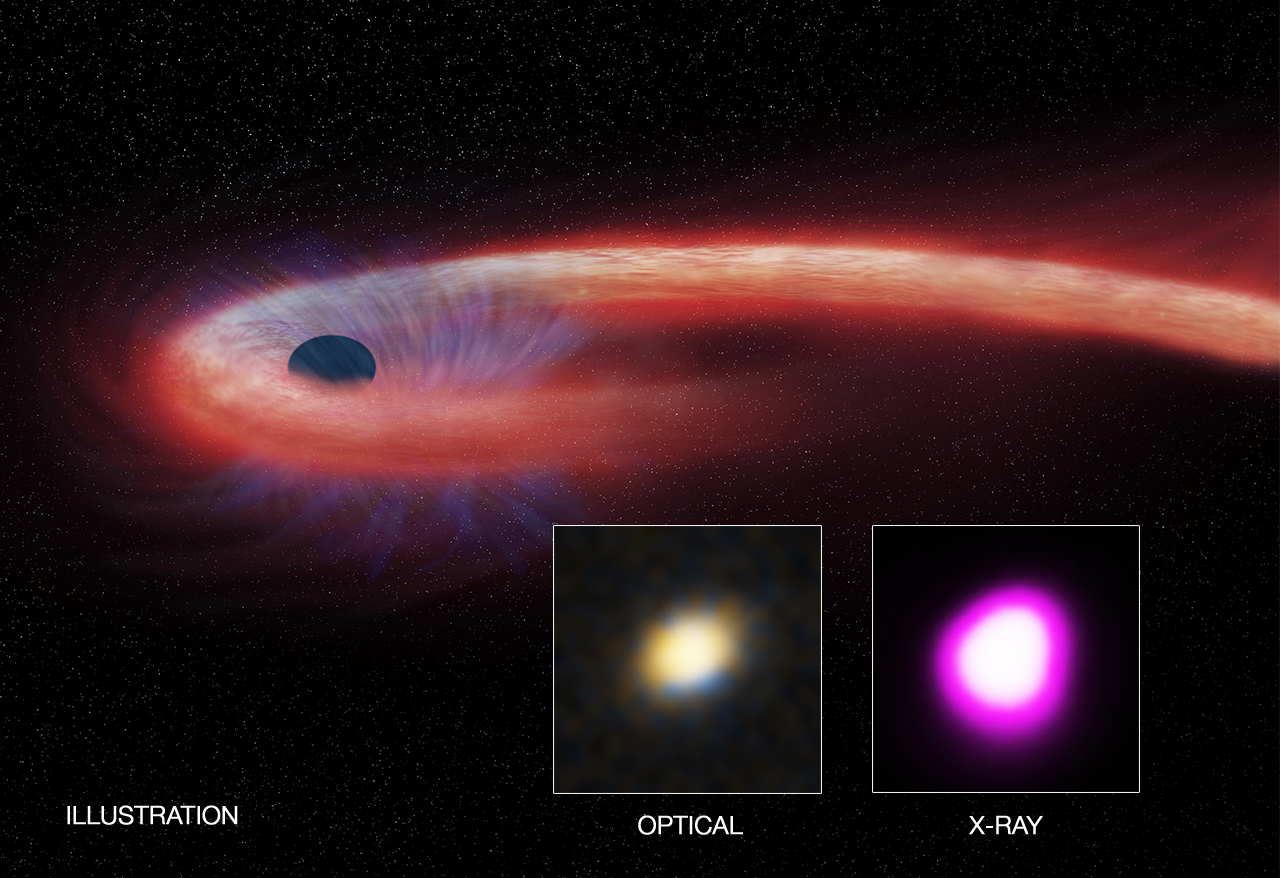 When a black hole eats a nearby star, the resulting X-rays typically fade within a year or so. That's why astronomers are excited about a giant black hole that's been shedding telltale radiation for close to 10 years.
When a black hole eats a nearby star, the resulting X-rays typically fade within a year or so. That's why astronomers are excited about a giant black hole that's been shedding telltale radiation for close to 10 years.
Gamma ray telescope spots ancient, intense black holes
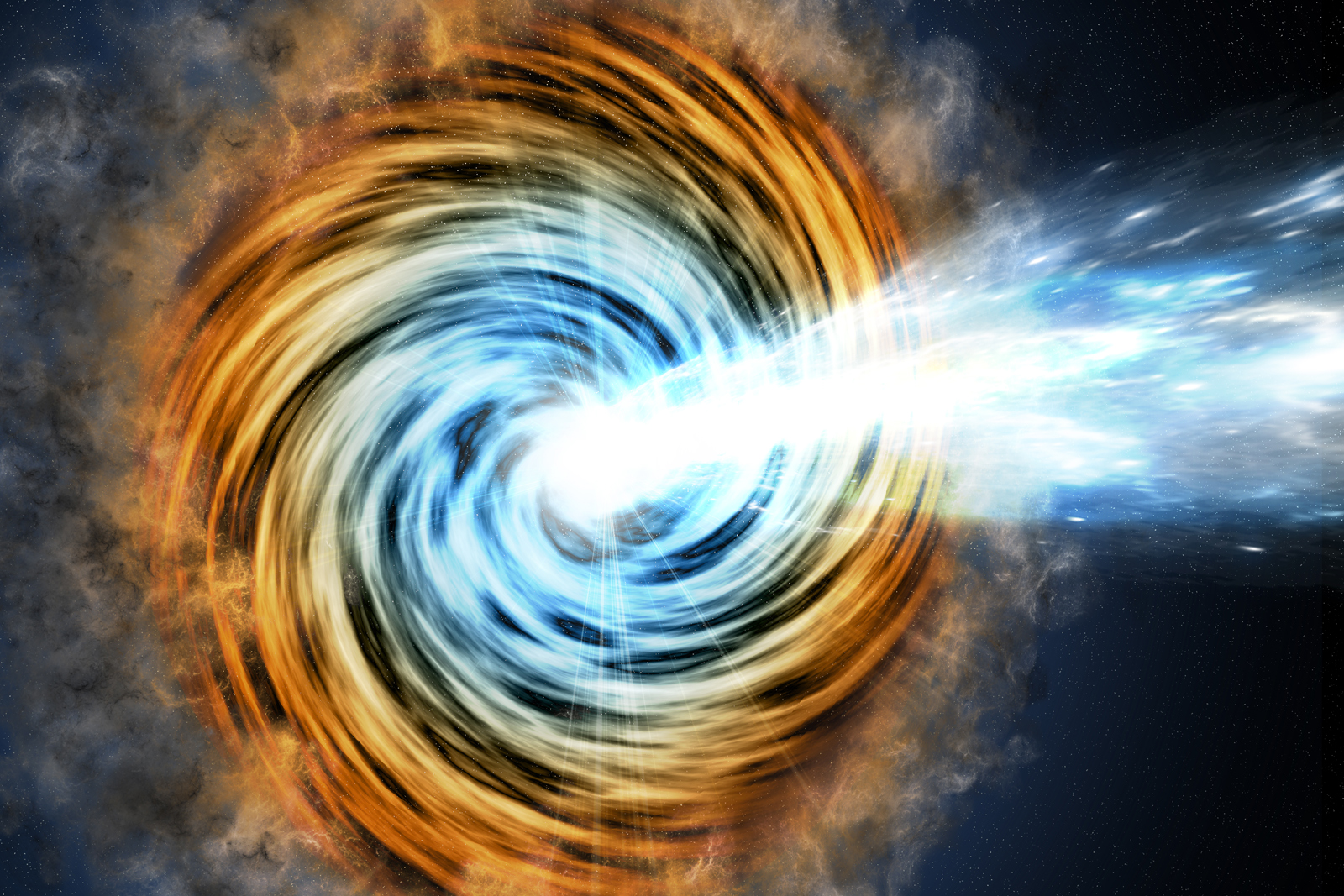 NASA's Fermi gamma ray telescope has been working overtime, it seems. Scientists using the instrument have spotted extreme astronomical phenomenon both at the far edge of the universe and close to home. They've detected the farthest known blazars, or...
NASA's Fermi gamma ray telescope has been working overtime, it seems. Scientists using the instrument have spotted extreme astronomical phenomenon both at the far edge of the universe and close to home. They've detected the farthest known blazars, or...
Scientists discover a cosmic-scale particle accelerator
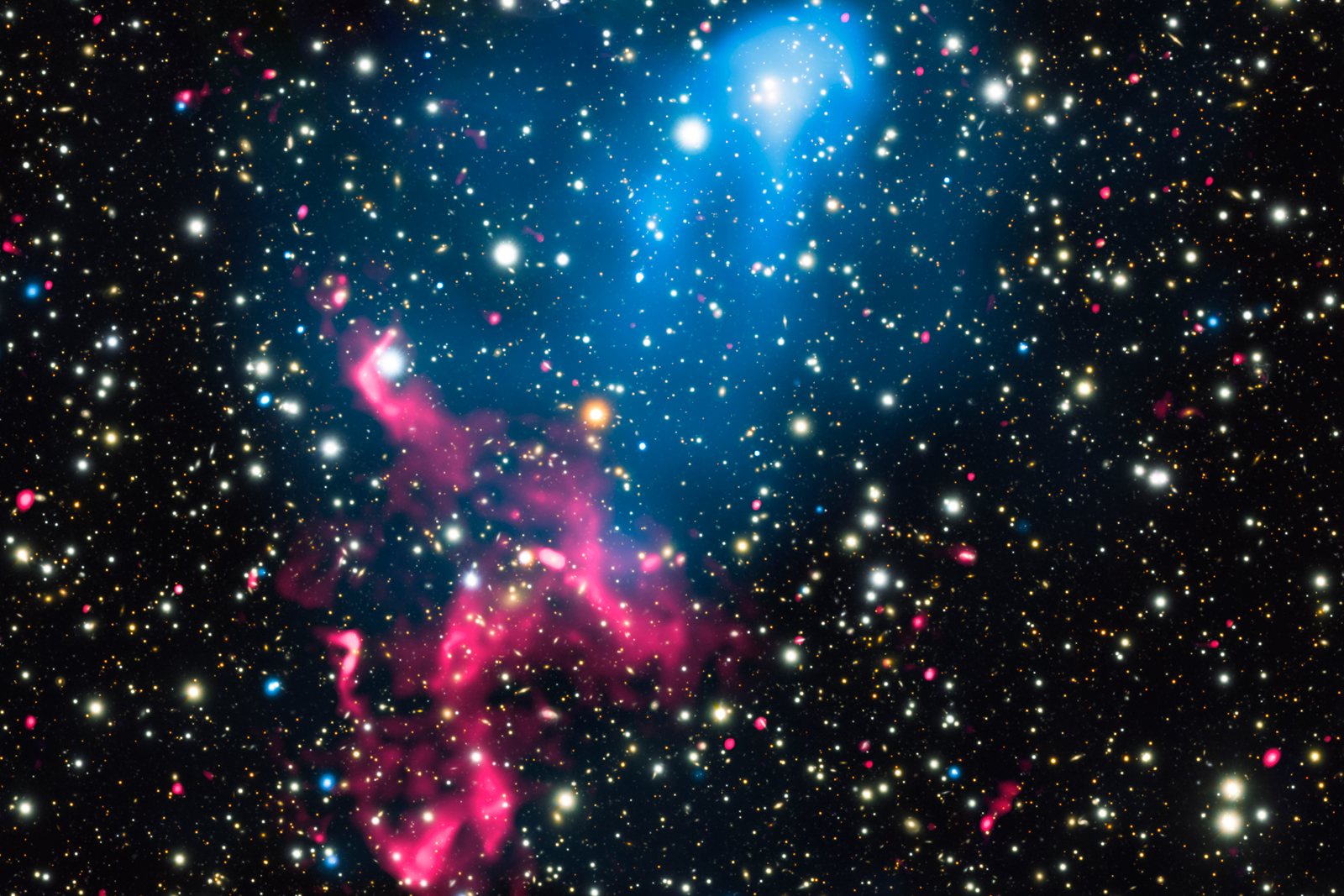 Suddenly, even the Large Hadron Collider seems downright quaint. Researchers have found a combination of cosmic phenomena that's creating the universe's largest known particle accelerator. At least one supermassive black hole in a galaxy cluster ha...
Suddenly, even the Large Hadron Collider seems downright quaint. Researchers have found a combination of cosmic phenomena that's creating the universe's largest known particle accelerator. At least one supermassive black hole in a galaxy cluster ha...
Deepest X-ray image to date uncovers a black hole bonanza
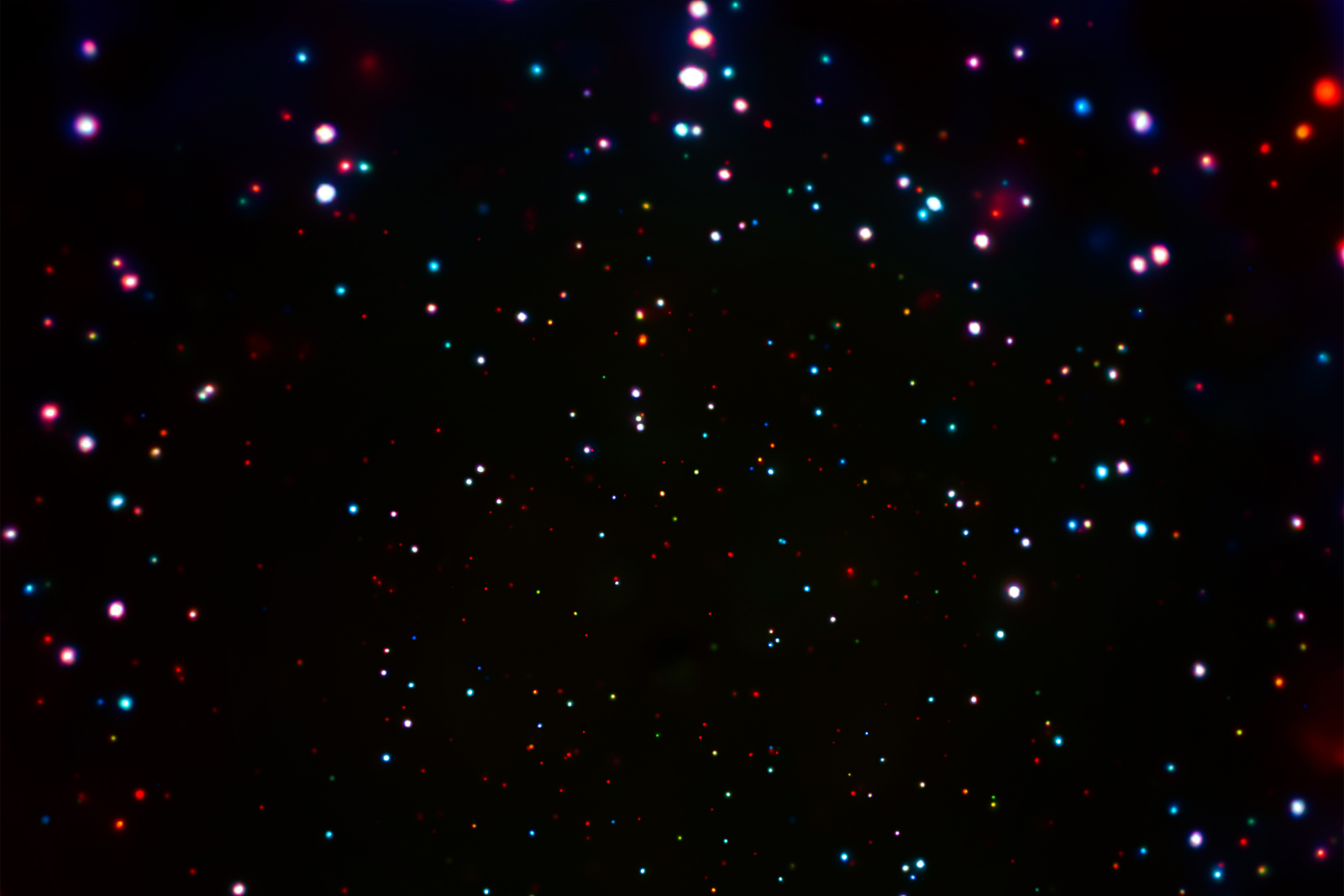 Believe it or not, that's not a star field you're looking at. Researchers have used NASA's Chandra X-ray Observatory to produce an X-ray image of space (the deepest-ever X-ray, in fact) that has uncovered an abundance of supermassive black holes --...
Believe it or not, that's not a star field you're looking at. Researchers have used NASA's Chandra X-ray Observatory to produce an X-ray image of space (the deepest-ever X-ray, in fact) that has uncovered an abundance of supermassive black holes --...
Black hole detection is becoming much easier
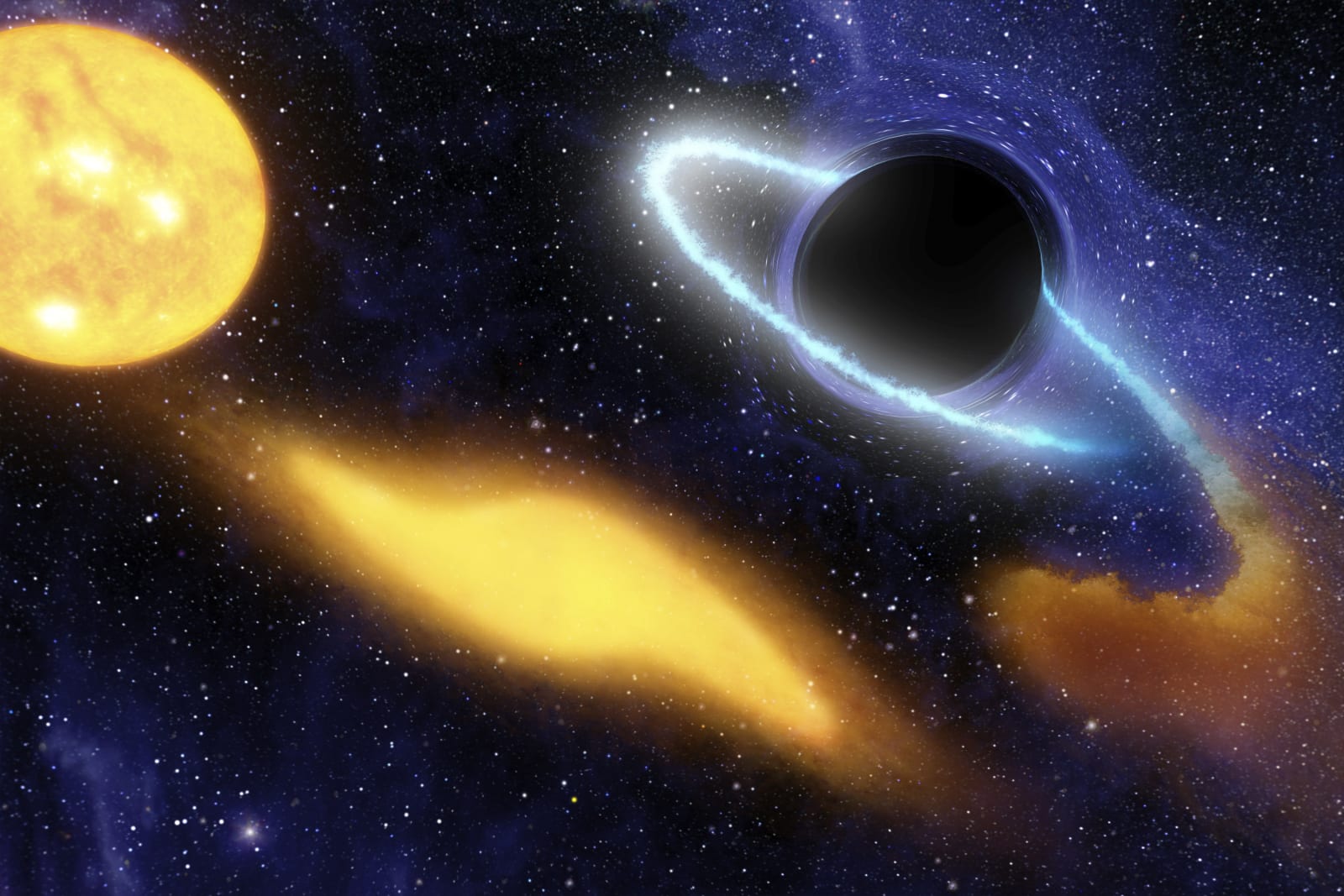 It's still relatively difficult to spot black holes (after all, they trap light), but it may be relatively commonplace in the near future. An international team of researchers has developed a detection technique that should identify a more frequent...
It's still relatively difficult to spot black holes (after all, they trap light), but it may be relatively commonplace in the near future. An international team of researchers has developed a detection technique that should identify a more frequent...
Giant black hole could be to blame for brightest supernova ever
 3.8 billion years ago, a star in the southern sky exploded and released 570 billion times more light than our sun and more than twice as much as any other recorded supernova. That star, dubbed ASASSN-15lh, is the brightest supernovae ever observed an...
3.8 billion years ago, a star in the southern sky exploded and released 570 billion times more light than our sun and more than twice as much as any other recorded supernova. That star, dubbed ASASSN-15lh, is the brightest supernovae ever observed an...